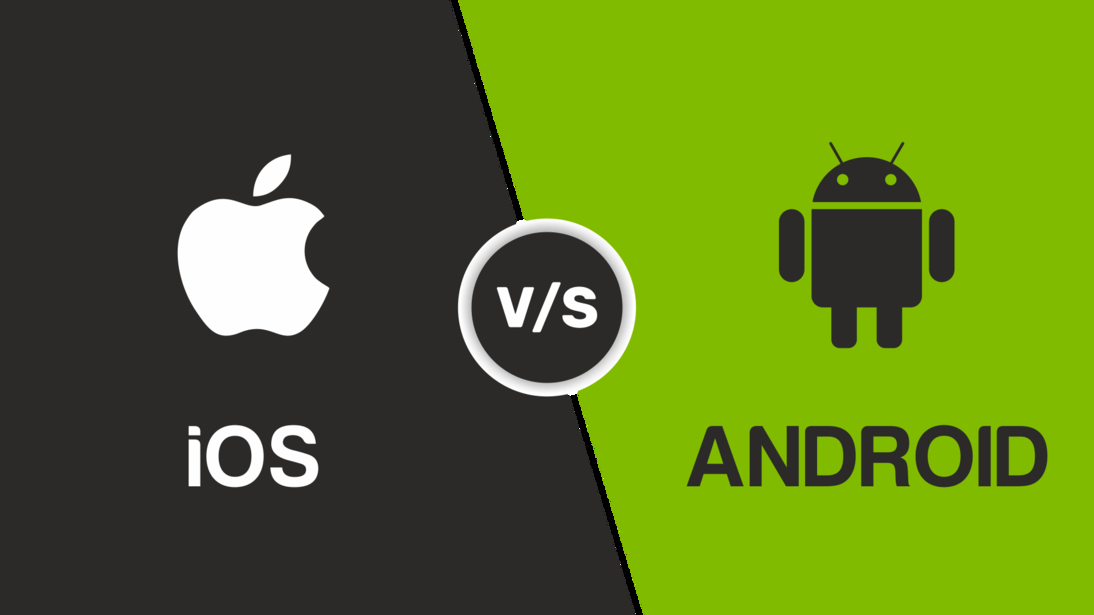How Android App Development Is Different From iOS App Development

Mobile applications no doubt have become an integral part of our daily lives and revolutionize the way humans interact with technology. There are two giants in the mobile app world – Android and iOS, both have given birth to a diverse ecosystem of applications that cater to a wider range of user needs.
But beneath the sleek interfaces and exceptional user experiences lie multiple distinct approaches to development. The developers always look for ways to create an app for iPhone and Android, understanding that the development of the application for each platform is different from the other.
To know continue reading below and understand how Android app development is from iOS app development.
Diverse User Base: The Android Melting Pot
One of the most prominent differences between Android and iOS app development is the diverse user base that each platform serves. Android has an open-source nature and welcomes a melting pot of devices, screen sizes, and hardware capabilities.
This delivery requires developers to meticulously fine-tune their apps to make sure compatibility across multiple configurations. The heterogeneity encourages a flexible mindset, developing creativity in adapting apps to various devices.
Uniform Elegance: iOS’s Singular Ecosystem
On the other side, iOS app development unfolds within a more controlled environment with a limited range of devices, screen sizes, and versions. The controlled ecosystem grants developer the luxury of crafting meticulously polished apps that deliver consistent experiences across the board.
The allure lies in creating visually stunning and intuitively designed apps that strict to the strict design guidelines of Apple and ensure the users enjoy exceptional experiences without the fragmentation challenges that Android developers often face.
Coding Languages And Tools: Java vs. Swift
When it comes to the complication of coding, Android and iOS developer employ different programming languages – Java for Android and Swift for iOS. Although both languages have their merits, Swift’s emerge as an open-source programming language marked a significant shift in iOS app development.
Swift simplifies the coding process which results in cleaner and more readable code. On the other hand, the versatility of JAVA caters to the diverse Android ecosystem and offers developers more flexibility in tackling compatibility issues.
User Interface: Material Design vs. Human Interface Guidelines
The visual aesthetics of an app play a very important role in terms of user engagement. Android follows the Material Design by Google that emphasizes clean lines, intuitive interaction, and vibrant colors. The design philosophy encourages the users-centric approach to make sure the app remain visually appealing and user-friendly.
In contrast to this, iOS stick to the Human Interface Guidelines by Apple and prioritize clarity, depth, and elegance. The interface of iOS reflects a sense of realism with skeuomorphic elements that mimic real-world objects. This nuanced difference in design philosophy impacts the user experience, as users on each platform expect different visual cues and interactions.
Fragmentation vs. Homogeneity: The Testing Conundrum
The diversity in the Android ecosystem develops creativity and also presents a testing conundrum for the developer. It ensures app compatibility across multiple devices and demands extensive testing efforts. This fragmentation challenge necessitates a comprehensive quality assurance strategy to deliver a consistent experience to users, irrespective of the device they use.
On the iOS side, the homogeneity of devices streamlines the testing process and enables developers to focus on perfecting the fine details of their apps.
Conclusion
So, this is how the development of Android apps is different from the development of iOS apps. There are developers who specialized in each sector and create outstanding apps for the platform. The factors that are considered why the development of both operating systems are different are prominent and can affect the development.



